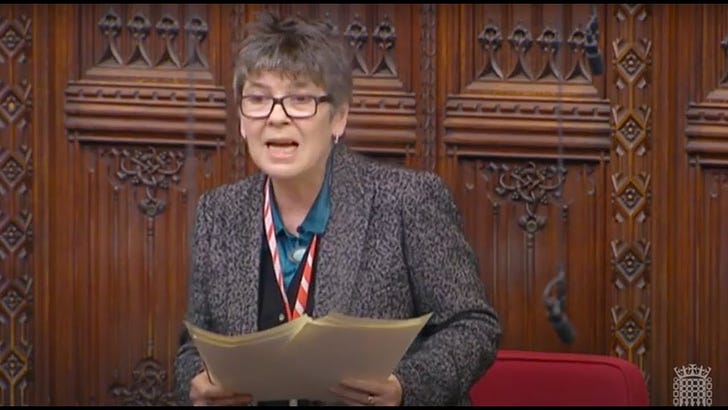ARTS & SOCIETY FORUM: Dante’s Divine Comedy, composed 700 years ago, is one of the foundational texts of Western literature. It was written in Dante’s own Florentine dialect, and according to those able to read the original, no translation has ever adequately conveyed both its poetic force and imaginative power. Even in translation though - and there are hundreds in English alone - the poetry, narrative and imagery of Dante’s work have made a lasting impression on generations of readers, as they have followed the author on his own tour of Hell, Purgatory and Paradise. And of the three parts of the poem, it is Hell that is most loved. Why, asks writer and author Dolan Cummings.
Academy of Ideas
The Academy of Ideas has been organising public debates to challenge contemporary knee-jerk orthodoxies since 2000. Subscribe to our channel for recordings of our live conferences, discussions and salons, and find out more at www.academyofideas.org.uk
The Academy of Ideas has been organising public debates to challenge contemporary knee-jerk orthodoxies since 2000. Subscribe to our channel for recordings of our live conferences, discussions and salons, and find out more at www.academyofideas.org.ukListen on
Substack App
RSS Feed
Appears in episode
Recent Episodes










